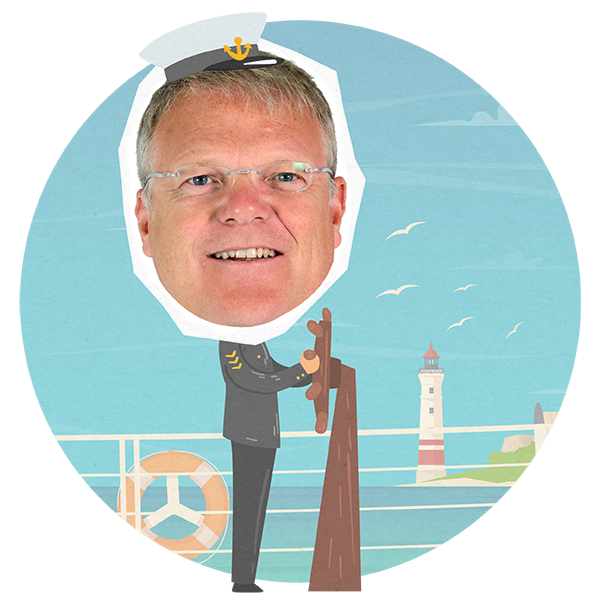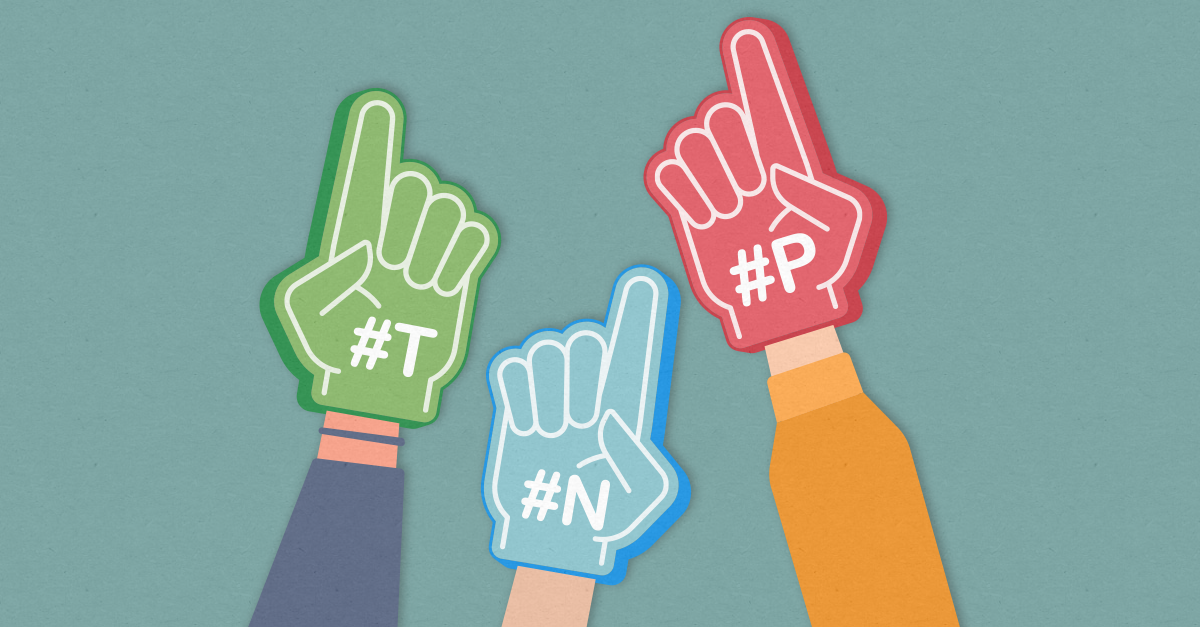We’re proud of our NPS scores but take nothing for granted. We apply NPS to every support call, every training course, every ‘Short Order’ engagement, our staff, and now every project.
We survey ‘in project’ customers every four weeks. We review all these numbers monthly and, as a management team, read every comment.
Whatever the score is, our primary focus is the direction of travel. What more can we do to keep on improving?
Our commitment to customer satisfaction is sincere – it is one of the things that has always made TNP different. NPS is helping us maintain this at greater scale. We really appreciate the feedback.
What is NPS?
NPS stands for ‘Net Promoter Score’. The concept was originally developed by an American business leader, Fred Reichheld. He published ‘The One Number You Need To Grow’ in 2003. In this paper Reichheld argued that the growth potential of a business was directly related to the propensity of customers to recommend a product/company.
Twenty years later NPS is widely used by many organisations including, by way of example, the authors of Dynamics 365 Business Central and Dynamics NAV.
Microsoft poll customers and Partners on a six-monthly basis to come up with a Net Satisfaction score (NSAT) – which is the same thing as NPS.
The popularity of NPS can been attributed to its simplicity – it comprises of just one question:
‘How likely is it that you would recommend this product/company to a friend or colleague?’
The responses are grouped into 3 categories:
- Promotors: (9-10) These are loyal customers who are enthusiastic about your business and would likely recommend you.
- Passives: (7-8) These are satisfied yet unenthusiastic customers who could be vulnerable to competitors.
- Detractors: (1-6) These are dissatisfied customers who would not recommend you and who could damage your brand.

To work out the NPS score, you take the percentage of promotors and minus the percentage of detractors. This leaves a number between -100 and +100.
The resulting number is an indicator of the degree of customer loyalty and satisfaction that the product/company enjoys. Any score above 0 is good – it means a company has more promotors than detractors.
NPS @ TNP
We made a commitment to NPS in early 2020 and signed up with a service called AskNicely. We’re very proud of the NPS scores we enjoy but have no desire to boast. Our commitment to service and our customers’ satisfaction has helped TNP get this far. NPS will help guide us the rest of the way by keeping us honest, ultimately helping us improve.
We review the scores and read every comment diligently. We share every comment that a promoter leaves with the entire team. That’s the feedback we want. We also get the feedback we need. We’re not perfect, we sometimes get stuff wrong. When we do – when a customer gives us a score of 6 or less – the Manager responsible for that part of our business picks up the phone to talk to them and:
- Apologise
- Learn what it is that we need to do better
If you’ve answered a survey – thank you. If you get a survey in the future – please take the time. We are listening. Intently.
A Virtuous Circle
The strength of recommendation and volume of referrals that we enjoy drives down our cost of sale. Reputation and referral really drive our business. We spend less on marketing than others do. We spend what we save (and then some) on salaries and hiring more people in support.
Our support team now numbers over 60 (SIXTY!) people, all dedicated to Dynamics 365 Business Central and Dynamics NAV. That means we’re well placed to deliver the kind of service that our customers are looking for.
Ultimately, we hope to maintain (and hopefully improve!) our NPS score and earn further recommendations and referrals.
We always hope we are doing our best job for our customers.





.png)